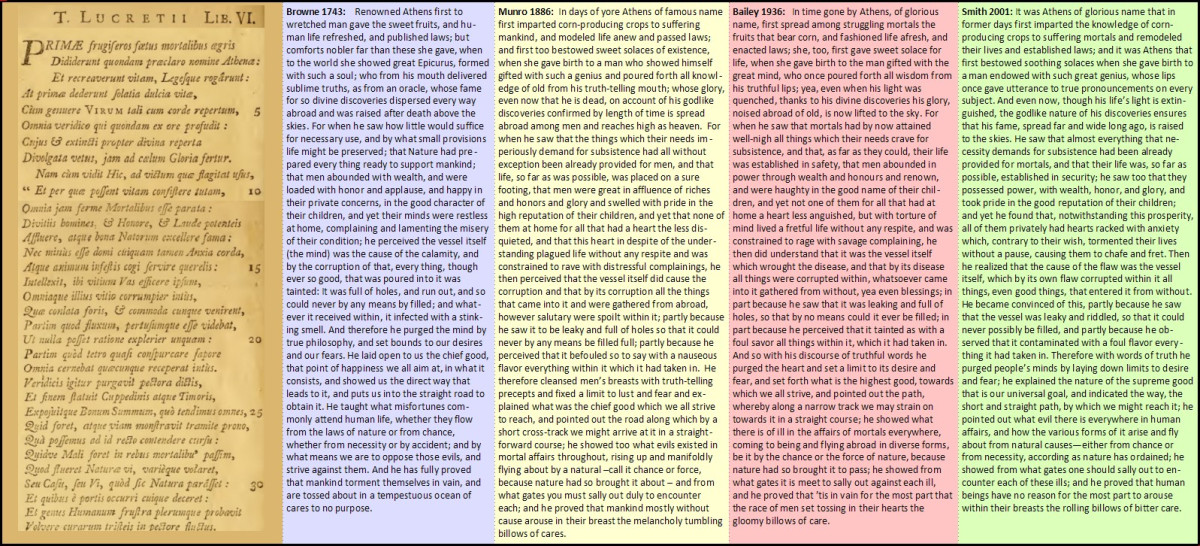One more comment. You wrote "I don't want to create a whole new thread just to ask a question but I see no obvious way to ask a new question (like this) in the General focum. Thanks"
It's possible you are just seeing the way the forum operates, with everything needing to be under a thread of some kind (or a new thread created) for organizational purposes.
You can also post a general comment on your "wall" which i think is also visible to everyone outside the forum structure.
If you continue to run into issues please post, because questions like this help us set up the forum for better use by everyone.





